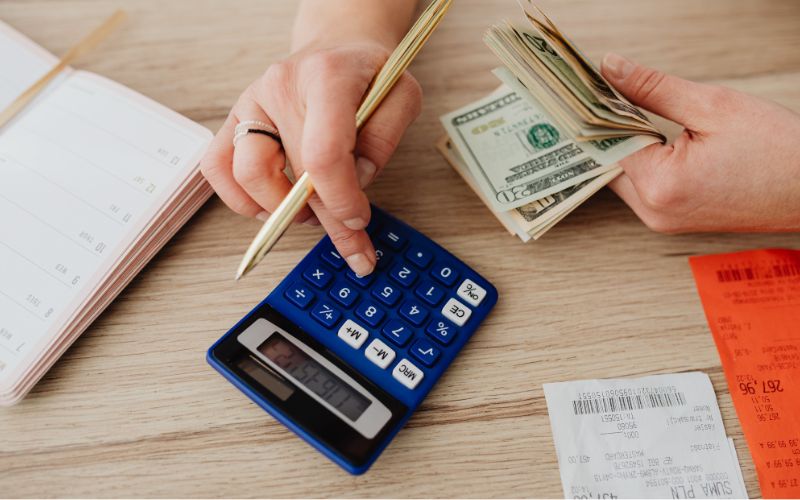In a world where accumulating wealth is often celebrated, the idea of keeping little money in your bank account may seem counterintuitive.
However, this cautious approach holds several often-overlooked benefits.
Firstly, maintaining a minimal balance in your bank account can be an effective strategy to limit impulsive spending.
When funds are readily accessible, the temptation to indulge in non-essential purchases is high.
By keeping a low balance, one encourages deeper reflection before spending money, leading to wiser financial decisions.
Furthermore, having little money readily available in your bank account can serve as motivation to save more.
Seeing a low balance prompts individuals to seek ways to increase their savings and plan for the future.
This awareness of the need to save can foster healthy financial habits in the long run.
Additionally, maintaining a minimal balance in your bank account can also reduce the risk of fraud or theft.
In the event of an account hack or credit card theft, having less exposed money limits potential losses and simplifies the management of financial security issues.
Lastly, this approach can encourage a more proactive use of money. Rather than letting funds sit idle in a bank account, it may be wiser to invest in more profitable ventures or pay off debts to improve overall financial health.
In conclusion, keeping little money in your bank account may seem counterintuitive, but it can actually promote more cautious and responsible financial management.
By curbing impulsive spending, encouraging savings, and reducing financial risks, this approach can lead to greater peace of mind and improved long-term financial well-being.
